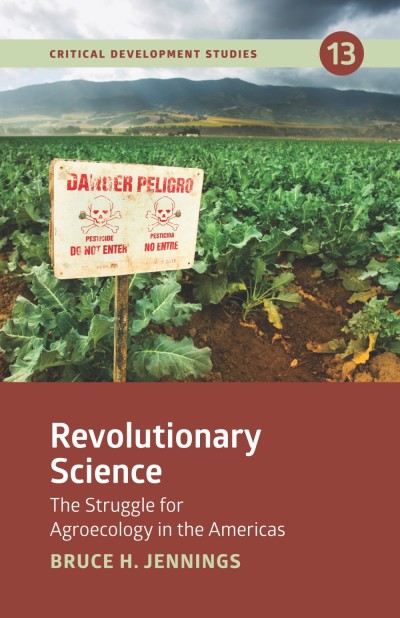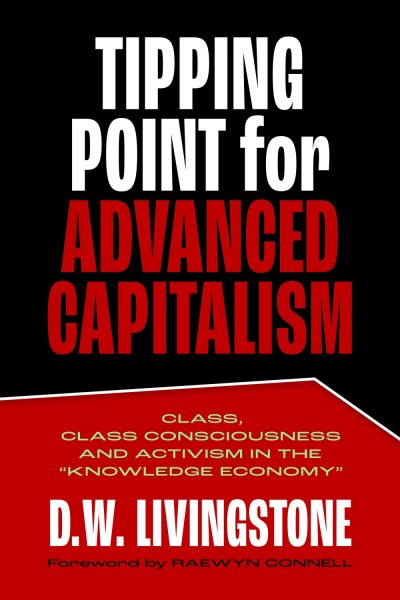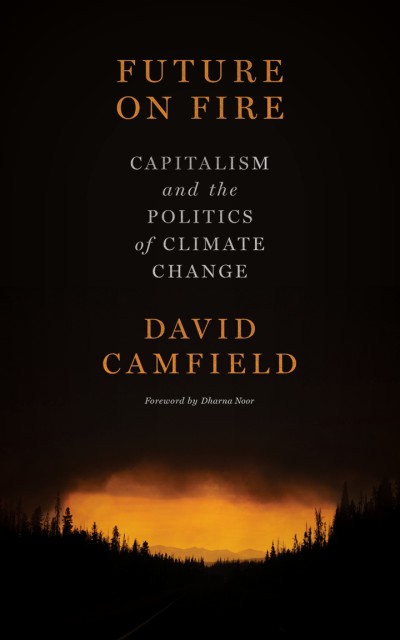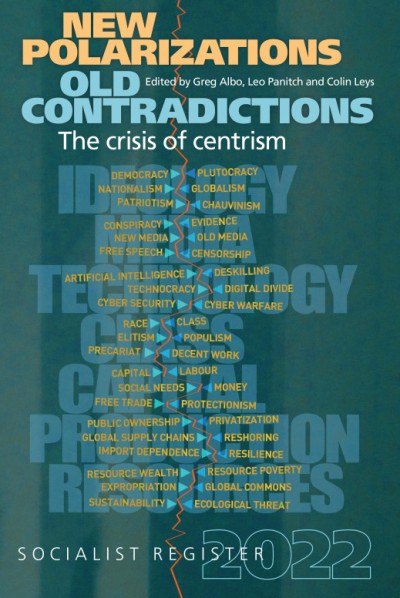
Challenging the Right, Augmenting the Left
Recasting Leftist Imagination
This book provides suggestions for working with popular disaffection, taking the rich, fragmented, conflicted history of refusals and defeats as a starting point for next steps in the struggle against capitalism and the far right, rather than as the basis for more conflict or defeatism.
About the book
What does the future hold for the left? How does the left adapt to, and prepare for, the crises of our time? In moments of crisis it is always important to rethink longstanding assumptions, jettison wishful thinking and dated ideas, and recover wisdom from the past. In so doing, we have the opportunity to plot a new way forward. The authors of this edited collection do just this: putting forward a diversity of approaches and issues to strategize for the work that awaits us in the 2020s, particularly in the struggle against capitalism, climate change and the far right.
Working within five major thematic areas, the contributors examine how to engage working class people in anti-capitalist struggles, undermine reactionary currents of ethno-nationalism while supporting anti-colonial movements, strategically build power inside and outside the state apparatus, demand new forms of resistance to address environmental crises, and effectively promote solidarity and ecological responsibility. This book provides suggestions for working with popular disaffection, taking the rich, fragmented, conflicted history of refusals and defeats as a starting point for next steps in the struggle against capitalism and the far right, rather than as the basis for more conflict or defeatism.
Contents
- Acknowledgements
- Contributors
- Introduction (Niko Block)
- Organizing the Contending Masses: From a Struggle With to a Struggle Against Capitalism (Robert Latham)
- Augmentation and Organization (Jordan House)
- Can Studying Workers’ Class Consciousness Help to Raise it? (Bertell Ollman)
- Psychological Wage and the Trump Phenomenon (Paul Kellogg)
- “Rising Powers” and Authoritarian Populism: Beyond Northern Left Perspectives (Sedef Arat-Koç & Aparna Sundar)
- Migration “Crises” and the Left: In Search of the Political (Özgün E. Topak)
- Navigating Contemporary Struggles: Class Composition and Social Reproduction (Elise Thorburn & Gary Kinsman)
- Class-Based Organizing in an Identity-Based World (Assya Moustaqim-Barrette)
- Experiences on the Socialist Left: Winning, Losing and Continuing (Herman Rosenfeld)
- What’s Left After the Breakup of the CPGB? (Bruce Curtis & Justin Paulson)
- Building Political Infrastructure for the Present (Lina Nasr El Hag Ali)
- Class Struggle in the Marketplace of Ideas: Towards a Leftist Framework of Civil Liberties (Julian von Bargen)
- The Anthropocene and Us: Grounds for an Augmented Left? (David Ravensbergen)
- Environmental Contradictions: The Need for an Ecosocialist Paradigm on the Brazilian Left (Sabrina Fernandes)
- Andean Intercultural Ecosocialism in times of Buen-Vivir? A Red-Green-Culturalist Approach (Javier Cuestas-Caza, Rickard Lalander & Magnus Lembke)
- Movement, Image, History: Walter Benjamin and Operational Politics (A.K. Thompson)
- The Disintegration of the Neoliberal Order and Challenges for the Radical Left (Terry Maley)
- Late Stage Capitalism, Anxiety and Tactical Art Terrorism (William S. Jaques)
- Détourne Down for What‽ Culture-Jamming in the Age of General Anxiety (A.T. Kingsmith)
- Thirteen Theses Towards a Materialist Theory of Revenge Capitalism (Max Haiven)
- Afterword: Augmenting the Left or Rethinking Progressive Politics? (Ronaldo Munck)
- Index













